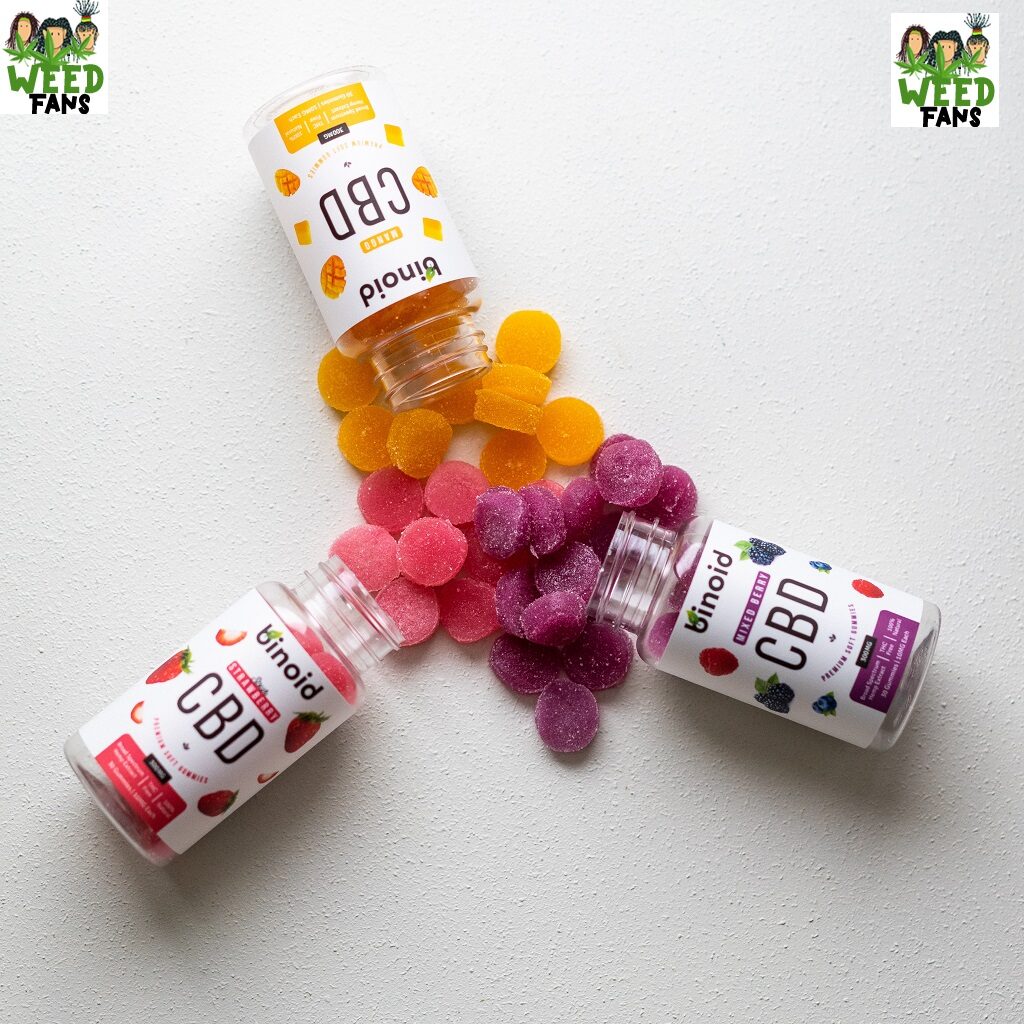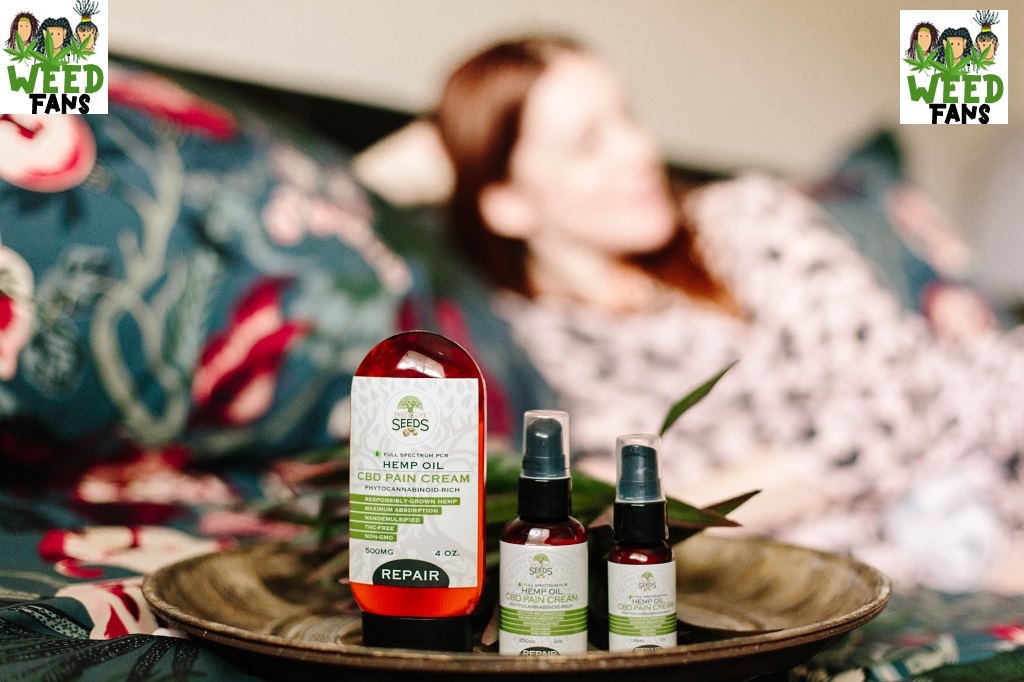What is CBD?
CBD, also known as cannabidiol, is a chemical found within cannabis plants, which is the one that we commonly associate with marijuana.
In reality, it’s one of the more than 113 “cannabinoids” found inside the marijuana plant. A lot of these are being studied to determine their health advantages.
Not at all like its cousin delta-9-tetrahydrocannabinol, or THC, CBD doesn’t create a “high”; however, it is psychoactive. One year ago, it was CBD. The US Nourishment approved it, and Medication Organization approved Epidiolex, an oral CBD treatment for treating Lennox-Gastaut disease and Dravet disorder, two common and severe seizures that affect children. CBD is also being studied to find a medicine that could treat anxiousness, nervousness, and schizophrenia-related side effects among individuals.
What is CBD DISTILLATE?
CBD extraction has made incredible progress since its humble beginnings just a few short years ago. Although people were previously dependent on simple extraction methods.
The present world of the most efficient extraction is certainly not simple. The most up-to modern process of creation is distillation, causing ripple effects across the cannabis industry. It’s been suggested THC along with CBD distillate may determine the outcome of cannabis.

Distillation can be defined as:
1. The process of purifying a liquid through heating or cooling.
2. The extraction of an item’s primary significance or the essential part.
In the case of cannabis distillation, it’s a method that results in thoughts more “cleaner” than other concentrates because they’re not contaminated at a sub-atomic scale. Distillates are also among the most potent kinds of concentrates available.
The distillation of cannabis focuses on extracting cannabinoids that provide a pure, flexible, and robust product that is abounding in potential. The cannabis world is evolving.
THC and CBD Distillate:
The process of distilling cannabis applies to CBD that comes from hemp the same way THC was derived from marijuana.
What is it that makes THC or CBD distillate so effective?
The distillate is cannabis with perhaps the most perfect structure. In all likelihood, a distillate from cannabis has around the 80 per cent CBD of hemp or THC from marijuana.
The remaining 20 per cent comprised of other minor cannabinoids, Terpenes, and various plants and oils. Another reason is that cannabis distillate is intensely concentrated. As a result, it’s one of the most potent cannabis products that exist.
No matter if you’re a vital person who utilizes CBD or THC to get the benefits or are merely looking to use THC for recreational purposes, CBD distillate sneaks up in a flash.
Whole spectrum CBD Extract:
As CBD Distillate is a mixture of terpenes and cannabinoids, it is often regarded as a product with many properties. CBD Distillate ordinarily contains vast amounts of cannabinoids like CBG, CBC and THC.
It is important to note that if THC levels exceed 0.3 per cent, then at that point, CBD could be considered to be a risk because it is not within the scope of the definition of a “hemp” product according to US law. The same rules apply to various countries.
Thus, there is a growing interest in THC CBD Distillate for free.
THC The CBD distillate is free:
THC free CBD Distillate is an energizing and exciting new item that has all THC eliminated into the alcohol (by particular distillation or chromatography). However, this process is lengthy and requires equipment from an authority, so THC Free distillate costs more than traditional CBD distillate.
THC The CBD in Free Distillate typically consists of 80 to 90 CBD. Its proportions of terpenes, minor cannabis and others.
Broad Spectrum CBD Distillate:
CBD Distillate is rich in minor cannabinoids and generally lower THC (either NDT or <0.3 per cent THC).
Expansive range distillate is typically 60%+ from CBD with 10 per cent to 20% of minor cannabinoids and absolute cannabinoid content of 80percent.
A few distillates are higher in the minor cannabinoids. For instance, CBDA, CBG and CBN Distillate.
Cannabigerol (CBG):
Similar to CBD, CBG is non-psychoactive and doesn’t cause a high. CBG is the forerunner of CBD, THC, and CBC (another cannabinoid we’ll discuss shortly). Studies have shown CBG may also offer an array of unique benefits to alleviate muscle cramps, pain and anxiety, as well as depression.
The drug cannabinol (CBN):
CBN is still being studied, but it appears that things are improving regarding its potential to help relax due to its soothing effects. Indeed, CBD is now being considered “the” increase that produces the feeling of relaxation and calm that cannabis is renowned for.
Cannabichromene (CBC):
Although CBC hasn’t garnered lots of praise or attention, however, it’s been shown to possess antiviral calm, antimicrobial and anti-proliferative (hostile against malignancy) and even soothing properties for agony. Additionally, it gives the impression that it effectively reduces tension, anxiety and headaches.
The terpenes in CBD distillate products are synthetic compounds that give hemp the incredible scent. Even in small amounts, Terpenes are revolutionary and help CBD heal the body.
It is thought that specific terpenes could trigger various emotions; linalool, as an instance, could help control resting patterns. Linalool is also the most prevalent lavender terpene, which is commonly employed in aromatherapy to stimulate feelings of languor.
Although CBD segregate is separated from cannabidiol’s most ideal form, CBD distillate contains a variety of progressively beneficial mixes typically present in hemp and cannabis but without THC.
The Pros and Cons Of Cannabis Distillate:
As with all cannabis-related products, cannabis distillate has pros and pros. In this article, we’ll take a short review of the two.
PROS:
Cannabis distillates are among the most potent varieties of disengaged cannabinoid products available.
It is a hardly scented and tedious method of gaining the benefits that THC and CBD offer cannabis distillates are getting into the long haul.
One of the most remarkable aspects of cannabis distillates is that they can use less than conventional CBD and THC items to get the best effects.
Therefore, you won’t have to consume as much of the food.
Then, there’s the variety that cannabis distillate provides.
It could be used without any other and added to your plans to create unique foods or even used in topical treatments to provide limited relief to sore muscles and any other throbbing pain.
CONS:
Although cannabis distillate is among of the finest and most intense forms of cannabinoids, such as THC and CBD, you will discover. However, it’s not without negatives.
In the long run, the most critical analysis of concentrated extract is that it does not contain all Terpenes (assuming they exist), which work harmoniously with cannabinoids such as THC, CBD, and other cannabinoids to create the collaborative energy that is known as the escort influence.
A different analysis of cannabis distillate is done by people who discover that it is the source of “designed” cannabis.
However, this won’t slow the rise in popularity in the world of THC or CBD distillate products.
Cannabis distillate only provides flexibility to not produce different products for customers.
Conclusion:
While it is not the most exciting product to come onto the scene of cannabis in a short year, the distillate product is becoming one of the most popular items with makers and producers within the cannabis industry.
This revolutionary innovation is set to surely bring some fundamental changes to how we reap the benefits of cannabinoids, such as CBD and THC providing a pure and powerful alternative to the numerous products on the market today.
